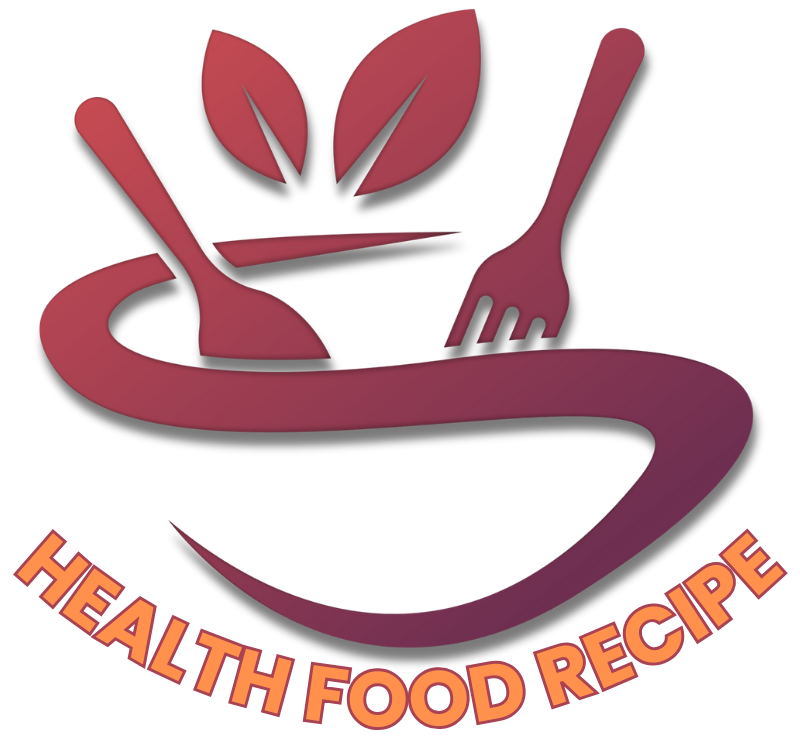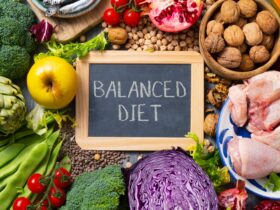If you’ve been thinking about making a positive change in your life, 2025 could be the year to take the leap into a vegetarian or vegan lifestyle. Whether your goal is better health, a reduced environmental footprint, or a deeper connection to the food you eat, choosing plant-based meals has never been more rewarding—or more accessible. Let’s explore why now is the perfect time to embrace this shift and how it can transform your life in meaningful ways.
A Step Towards Better Health
Switching to a vegetarian or vegan diet can unlock a wide range of health benefits, supported by decades of scientific research. Studies show that people who follow plant-based diets tend to have lower rates of heart disease, type 2 diabetes, and certain cancers. A 2023 study published in The Lancet found that individuals who consumed a primarily plant-based diet had a 25% lower risk of developing coronary artery disease compared to those on a meat-heavy diet.
In addition to reducing disease risk, eating more fruits, vegetables, legumes, and whole grains can lead to better digestion, improved energy levels, and a stronger immune system. These foods are rich in fiber, vitamins, and antioxidants – all essential for keeping your body functioning at its best. Plus, plant-based eating tends to be lower in saturated fat, which can help keep cholesterol levels in check.
If weight loss is part of your wellness journey, you’re in luck. A 2024 meta-analysis in Nutritional Reviews revealed that people who adopt vegan or vegetarian diets lose an average of 2.5 kg more than those on omnivorous diets over a 12-week period. This difference is often attributed to the high nutrient density and lower calorie density of plant-based foods.
A Greener Planet Starts on Your Plate
The environmental benefits of eating plant-based are impossible to ignore. Livestock farming is one of the leading contributors to greenhouse gas emissions, accounting for about 14.5% of global emissions, according to the United Nations Food and Agriculture Organization. By cutting down on meat and dairy, you’re directly reducing your carbon footprint.
Additionally, plant-based diets require significantly less water and land to produce. To put this into perspective, it takes about 1,800 gallons of water to produce a single pound of beef, compared to just 200 gallons for a pound of tofu. If you’re looking for a simple yet impactful way to make a difference in the fight against climate change, transitioning to vegetarian or vegan eating is a powerful step.
A Growing Community of Support
One of the most exciting aspects of embracing a plant-based lifestyle in 2025 is the abundance of resources, recipes, and community support available to you. Vegan and vegetarian products have become mainstream, with options ranging from plant-based burgers that sizzle on the grill to dairy-free cheeses that melt like the real thing. Grocery stores are now stocked with diverse and delicious plant-based staples, making it easier than ever to experiment in the kitchen.
Social media platforms and online communities also offer endless inspiration. Whether you’re looking for quick weeknight meals or gourmet creations, you’ll find no shortage of ideas to keep your taste buds excited. Plus, engaging with others on the same journey can provide motivation and camaraderie, helping you stay on track and explore new possibilities.
Kindness to Animals
For many people, the decision to adopt a vegetarian or vegan lifestyle stems from a desire to minimize harm to animals. Every year, billions of animals are raised in factory farms under conditions that are often inhumane. By choosing plant-based foods, you’re taking a stand for more ethical treatment of animals and helping to reduce demand for these practices.
Even if animal welfare isn’t your primary motivator, it’s a meaningful benefit that resonates with many who make the switch. There’s a sense of alignment that comes from knowing your choices reflect your values and contribute to a kinder world.
It’s Not About Perfection
One of the biggest misconceptions about going vegetarian or vegan is that you have to do it perfectly—but that couldn’t be further from the truth. Your journey is your own, and every small step counts. Maybe you start with Meatless Mondays or swap cow’s milk for almond or oat milk in your morning coffee. These small changes can add up over time, creating a ripple effect of positive habits.
Remember, it’s not about rigid rules or deprivation. Instead, it’s an opportunity to discover new flavors, experiment with cooking, and expand your palate. Many people find that going plant-based actually enhances their relationship with food, as it encourages mindfulness and creativity in the kitchen.
Hard Data to Inspire You
Need some concrete evidence to convince you? Let’s take a look at some hard numbers:
- Lower risk of chronic diseases: A 2022 review in JAMA Internal Medicine found that vegans had a 15% lower risk of developing cancer compared to omnivores.
- Longevity: Research from the Adventist Health Study-2 indicated that vegetarians live an average of 3.6 years longer than meat-eaters.
- Healthcare savings: A 2024 report from the World Health Organization estimated that widespread adoption of plant-based diets could save $30 trillion globally in healthcare costs by 2050.
These statistics underscore the profound impact plant-based eating can have not just on your personal health, but on society as a whole.
Start Your Journey Today
Making the switch to a vegetarian or vegan lifestyle in 2025 doesn’t have to be overwhelming. Start with simple swaps, explore new recipes, and celebrate your progress along the way. Every plant-based meal you choose is a step toward better health, a cleaner planet, and a more compassionate world.
So why wait? Let this year be the turning point where you embrace a lifestyle that nourishes both your body and your soul. Your future self will thank you for it.














Leave a Reply